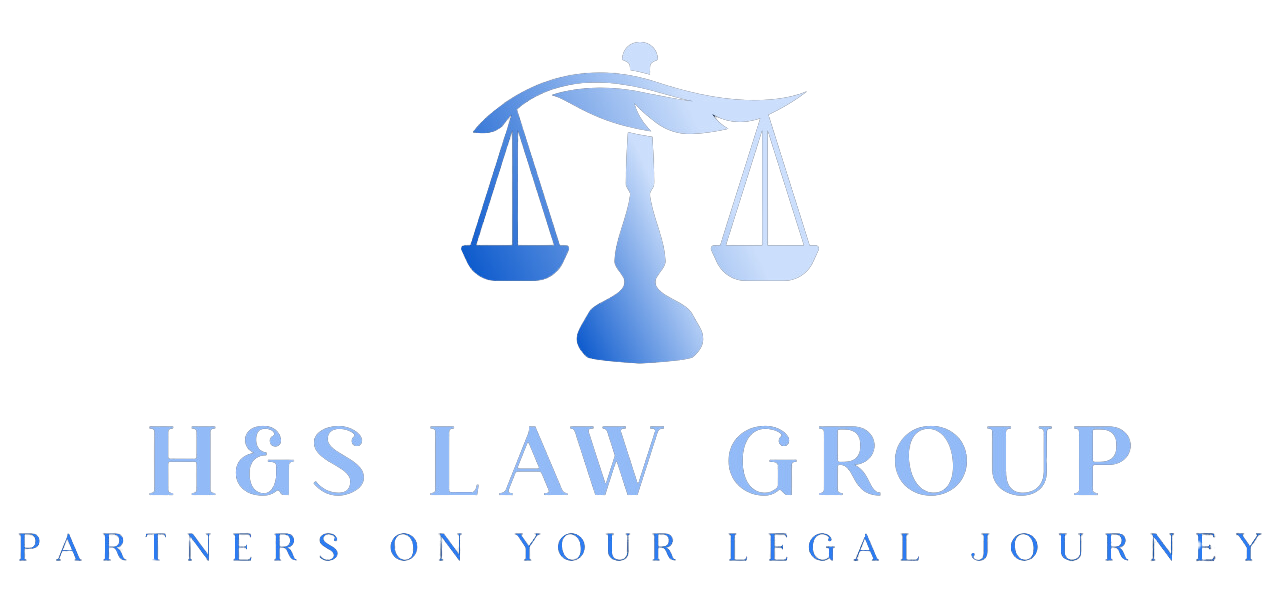
5 Common Types of Civil Lawsuits and How They’re Resolved
Civil lawsuits are disagreements between people or organizations where one party seeks money or a specific action from the other, unlike criminal cases, which involve the government prosecuting someone for a crime. These disputes cover a wide range of issues we might encounter in daily life.
Understanding these common types of lawsuits can help you recognize potential legal situations and know the typical ways they get resolved. This post explores five frequent kinds of civil cases and the pathways they usually take toward a conclusion. Read on to understand these common legal situations.
Contract Disputes
A contract dispute happens when one party believes the other hasn’t lived up to their side of a formal agreement. Contracts form the basis of many business and personal transactions, setting out expectations and obligations.
When someone fails to perform their duties as outlined, like not delivering goods after payment or not completing a service as promised, a breach of contract occurs. These disagreements can arise from misunderstandings about the contract’s terms or a deliberate failure to comply.
Resolving these disputes often involves several approaches:
- Negotiation/Settlement: Parties discuss the issue directly or through lawyers to reach a mutually agreeable solution.
- Mediation: A neutral person helps the parties talk and find common ground for a settlement.
- Arbitration: A neutral person reviews the evidence and makes a decision that is often binding.
- Litigation: Filing a lawsuit and having a court judge or jury decide the outcome.
At H&S Law Group, our civil litigation attorneys can help you with contract disputes. We understand the complexities of civil litigation and is committed to providing you with personalized, strategic legal representation.
Personal Injury Claims
Personal injury claims arise when someone suffers harm because of another person’s carelessness (negligence) or intentional actions. These cases aim to compensate the injured person for their losses.
Common examples include injuries from car accidents, slipping and falling on poorly maintained property, harm caused by faulty products, or medical errors (malpractice). The goal is to recover costs like medical bills, lost income due to inability to work, and compensation for pain and suffering.
Resolutions typically follow these paths:
- Insurance Claims: Dealing directly with the at-fault party’s insurance company is often the starting point.
- Settlement Negotiations: Lawyers for both the injured person and the responsible party negotiate to agree on a compensation amount.
- Mediation/Arbitration: Used when direct negotiations fail to produce an agreement.
- Litigation: Taking the case to court if a fair settlement cannot be reached through other means.
Property Disputes
Property disputes involve disagreements over real estate, including land and buildings. These conflicts can arise between neighbors, landlords and tenants, or buyers and sellers.
Issues might include arguments over where property lines are located, disagreements about easements (the right to use someone else’s land for a specific purpose), or conflicts regarding zoning regulations. Landlord-tenant issues, such as eviction proceedings or arguments over security deposits, also fall into this category.
Methods for resolving property disputes include:
- Negotiation: Parties directly discuss the problem to find an agreement, perhaps about a fence location or shared driveway use.
- Professional Surveys: Hiring a licensed surveyor can definitively establish property boundaries.
- Mediation: A neutral facilitator helps parties negotiate a resolution to boundary or usage issues.
- Quiet Title Action (Litigation): A lawsuit asking a court to make a formal declaration about who legally owns the property.
- Ejectment Action (Litigation): A lawsuit filed to remove someone who is occupying property without legal right.
At H&S Law Group, our attorneys are equipped to handle your property disputes. Contact us at (973) 200-1433 with questions regarding getting started or an existing case.
Family Law Cases
Family law cases deal with legal matters related to family relationships and are handled within the civil court system, often in specialized family courts. These cases are deeply personal and can be emotionally charged.
Common examples include divorce or the dissolution of a marriage, which involves dividing property and debts. Other frequent issues are determining child custody arrangements, setting child support payments, and establishing spousal support (alimony). Adoptions also fall under family law.
Resolutions in family law vary widely:
- Uncontested Agreements: Parties agree on all major issues (property, custody, support) and submit their agreement to the court for approval.
- Negotiation/Settlement: Lawyers help the parties negotiate and draft agreements covering all aspects of the separation or dispute.
- Mediation: A neutral mediator assists couples or parents in reaching agreements, particularly on sensitive issues like custody.
- Collaborative Law: Parties and their specially trained lawyers agree to work together respectfully outside of court to find solutions.
- Litigation: If agreements cannot be reached, a judge will hold hearings or a trial to decide contested issues based on the law and evidence presented.
Torts (Other Than Personal Injury)
A tort is a civil wrong that causes someone else to suffer loss or harm, resulting in legal liability for the person who commits 1 the wrongful act. While personal injury is a very common type of tort based on negligence, other torts involve different kinds of harm or intent.
These can include defamation (harming someone’s reputation through false statements, either written as libel or spoken as slander), invasion of privacy, or fraud (intentional deception for personal gain). Trespass (unlawful interference with someone’s property) and intentional infliction of emotional distress are other examples.
Resolving these types of tort claims might involve:
- Demand Letters/Negotiation: Sending a formal letter demanding a correction, apology, or compensation, often leading to negotiation.
- Settlement: Reaching an agreement between the parties, frequently involving a monetary payment, to resolve the claim without court action.
- Mediation/Arbitration: Utilizing neutral third parties to help facilitate a resolution or make a binding decision.
- Litigation: Filing a lawsuit seeking damages (monetary compensation) or other court orders, such as an injunction to stop certain behavior.

5 Common Types of Civil Lawsuits and How They’re Resolved
We have looked at five frequent kinds of civil disputes: contract issues, personal injury claims, property disagreements, family law matters, and other civil wrongs known as torts. Each type addresses different sorts of conflicts that arise between individuals or entities.
The path to resolution for these civil lawsuits often starts with attempts at negotiation or settlement. Methods like mediation and arbitration offer alternative ways to solve disputes outside of a formal court trial. When agreements cannot be reached, litigation through the court system provides a final way to determine the outcome. If you find yourself facing such a situation, seeking advice from a legal professional is a sensible step.
At H&S Law Group, we will review your case for its legality. Make an appointment today at 1719 NJ-10 Suite 224, Parsippany-Troy Hills, NJ 07054.
